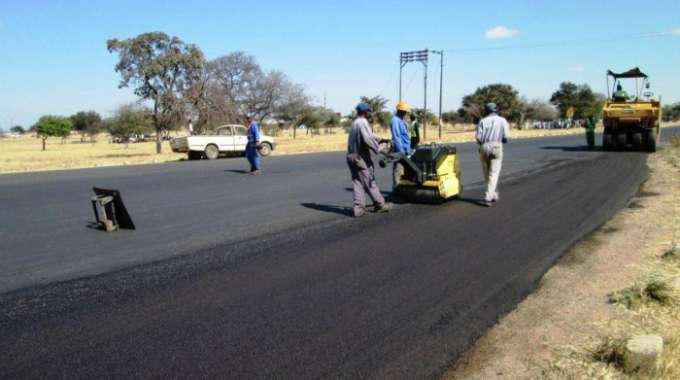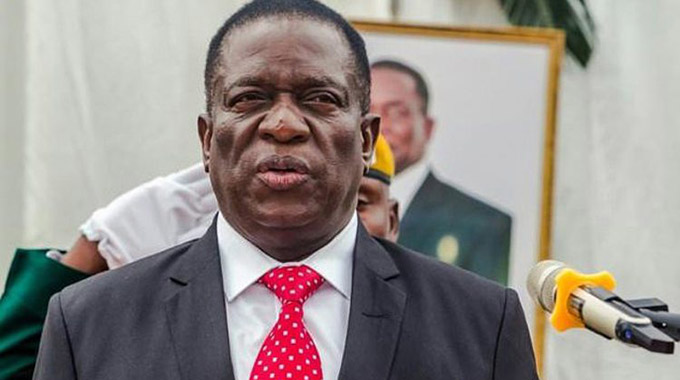EDITORIAL COMMENT: Get ready investors for road projects

Upgrading the Beitbridge-Masvingo-Harare-Chirundu highway to a dual carriageway and ensuring that it remains well-maintained has been a listed priority for 15 years and one that has attracted more lip service under the previous administration than action, as demonstrated by the fact that nothing has been done except linking Harare’s satellite towns to the city, which was a different project and priority.
Now the Government, having given formal notice to the contractor chosen two years ago, has cancelled that deal and will be moving fast to find someone who can do the work, do it on time and who has the financial muscle to cope with taking 25 years to get its money back along with a fair profit.
These very expensive infrastructure projects need a long-term investor. The dual carriageway is expected to cost just under $1 billion and the offer on the table for those interested is a 25-year contract to build and operate the road, presumably taking the toll-gate fees for that quarter century and transfer the road back to the State.
There is regulation to consider, since Zimbabwe will be insisting on minimum standards of maintenance and will have a very strong position over what is an equitable toll rate. A careful investor then needs to calculate the growth in traffic over the 25 years working out when it doubles, triples, quadruples. Fortunately, other factors, such as technology change, can be ignored.
The cars and trucks pouring down the highway in 2043 might well all be electrically powered and driven by computers rather than humans, but the numbers will surely be far greater.
But because the $1 billion needs to be spent up front and the real profit perhaps only made in the last couple of years of the deal, we obviously need an investor with deep pockets. In many ways the economic model is similar to that of a mine, another investment needing a lot of money up front, with high operating costs and with a limited lifespan to make that investment back with a bit extra.
This appears to be the problem with Geiger International, an Austrian company that either does not yet have the $1 billion handy or was not willing to put its money where its pen signed the deals.
The Government has learned one lesson. Successful future tenderers need to show proof that they have the funds ready.
What we do not need is a tenderer who regards a signed deal as a speculative asset that can be developed whenever the tenderer feels it is worthwhile or even sold to another developer.
Zimbabwe, like most developing countries, needs serious investors in infrastructure: roads, railways and power stations.
We can work out deals that help us now and give these investors fair profits as the years go by. This is business.
But business requires both parties to be serious about doing something now, not next year or next decade.
A similar approach is being made in mining now. Investors have been put on notice that when we grant a mining concession we expect work to start soon. A viable ore body might have value to someone looking to mine it in 10 years time, but is producing zero return to Zimbabwe.
We need that return if we are to speed our economic growth to that sustainable level that in a generation moves the majority of the people from poverty to middle-income comfort.
So while we are definitely open for business, we are not open to speculators wanting to control potential assets without exploiting these. If a big mining company comes to Zimbabwe, opens a mine, hires several hundred Zimbabweans, pays modest taxes and buys goods and services locally when these are price competitive, then we must and will under our new approach, treat them as a very good friend, offer them cast-iron guarantees over property rights, allow them to take out their profits and the like.
But if they simply want to lock up an ore body so their competitors cannot mine it, or because they think they can sell the mining rights in several years time, then we must politely, but firmly, make it clear that these are our rights and that while we will fall over backwards to help the genuine investor we will not allow speculators who contribute nothing, but mess things up.










Comments